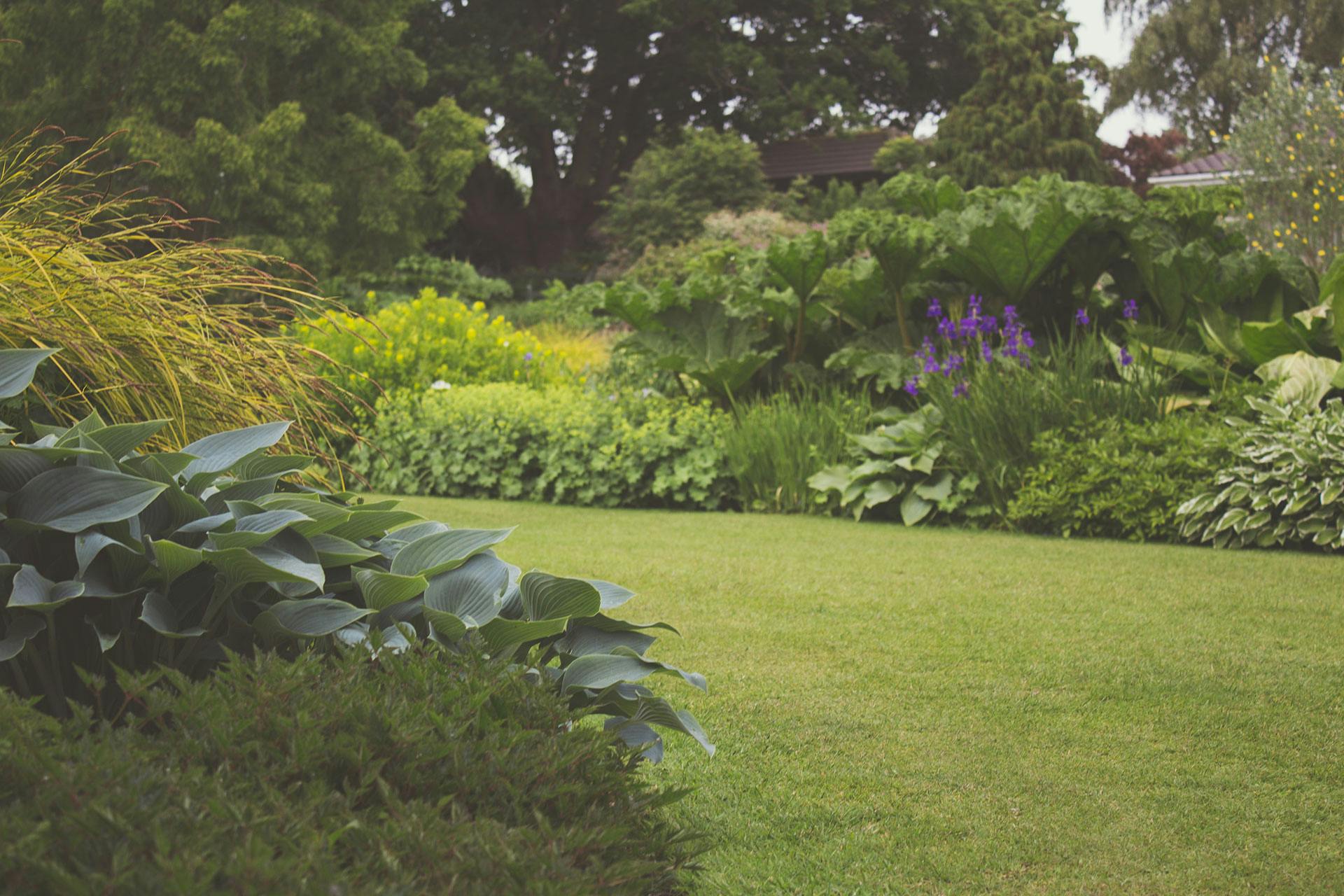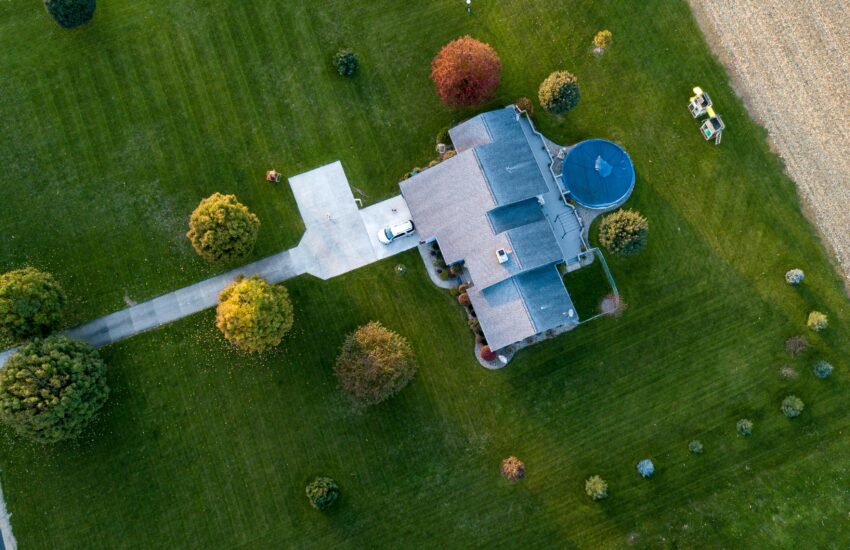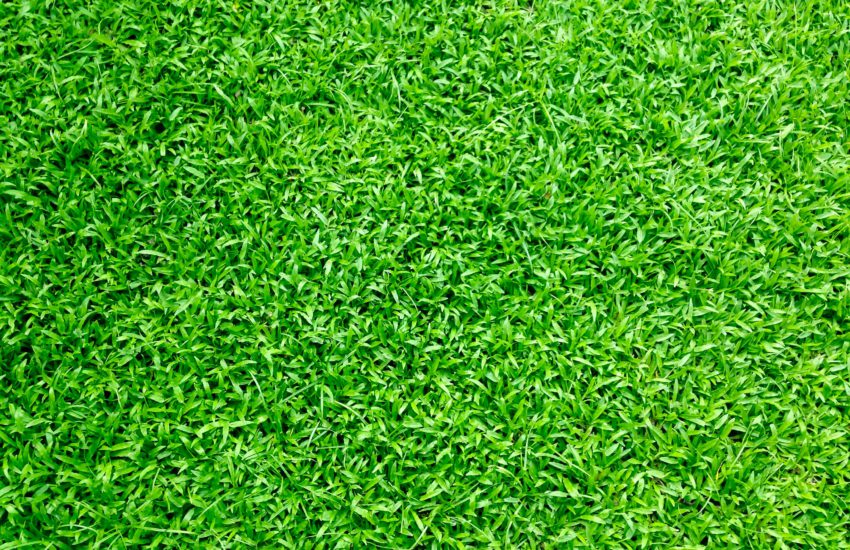How To Choose the Right Residential Sprinklers for Your Yard
Selecting the right residential sprinklers can help you care for your yard efficiently while preventing weeds and dry patches that result from overwatering or underwatering. This watering system makes your landscape green and vibrant by enhancing the health of the available plants, trees, and flowers. The right sprinkler for your home’s yard should spread water efficiently to prevent wastage, mushy soil, and thinned grass. Here is more information about choosing a suitable residential sprinkler system for your property:
Understand Various Options
Residential sprinklers come in various types and differ based on their intended use, water efficiency, and coverage abilities. Understanding their purposes can help you select one that hydrates your yard while saving water. The needs of your landscape can determine your sprinkler head, and one of the options is a rotary sprinkler. Rotary sprinklers may be suitable for large-sized yards. Their adjustability and ability to turn in a circular manner enables them to distribute water over large or broad areas. If your lawn is small or medium-sized, fixed sprinkler heads can suit you since they don’t change angles while operating. They are also ideal for flower beds and other areas with defined coverage because of their ability to continuously supply water in a fixed directly. Other options that can help water your residential yard include pop-up, drip, misting, and bubbler irrigation systems.
Check the Flow Rate
Different watering systems have varying usage specifications, which your residential water pressure must meet. Appropriate water pressure can help protect your sprinkler head from overworking, cracking, or breaking, which may cause it to spread water unevenly. Watering systems with the right flow rates also eliminate the need for homeowners to invest in booster pumps or pressure controllers. An appropriate flow rate enhances the system’s longevity by protecting its fittings, pipes, and valves from fast wear and tear. One way of determining the flow rate is by fitting your irrigation line with a flow meter and recording the readings. You may also refer to your sprinkler’s flow rate rating or consult a professional irrigation installer.
Examine Your Landscape
Assessing your yard’s layout and measuring its dimensions can help you determine an ideal irrigation system for optimum coverage. When measuring the landscape, include all the corners and curves along its perimeter for accuracy. Evaluating the soil in your yard can help you determine its rate of absorption, which may influence your choice of watering systems. Yards with clay soils require systems with low or moderate water flow rates to prevent waterlogging. Those with sandy soils may drain more quickly, requiring frequent watering.
Inquire About Maintenance
Maintaining your home’s outdoor sprinkler system keeps it running optimally and efficiently, minimizing unexpected repairs or replacements. Make sure all sprinkler heads are functioning properly. They should pop up fully, spray evenly, and retract properly when not in use. Check for leaks around sprinkler heads, valves, and pipes to avoid wasting water and increasing utility bills. Winterizing your yard’s watering system and making seasonal adjustments may also protect it from damage and maintain its efficiency.
Invest in Residential Sprinklers Today
Residential sprinkler systems allow you to automate your watering schedule, eliminating the need to water your lawn manually. When looking for a suitable system, select one with the right flow rate to meet the watering needs of your yard’s plants and soil. Contact a reputable irrigation system company to get customized sprinklers for your landscape.




